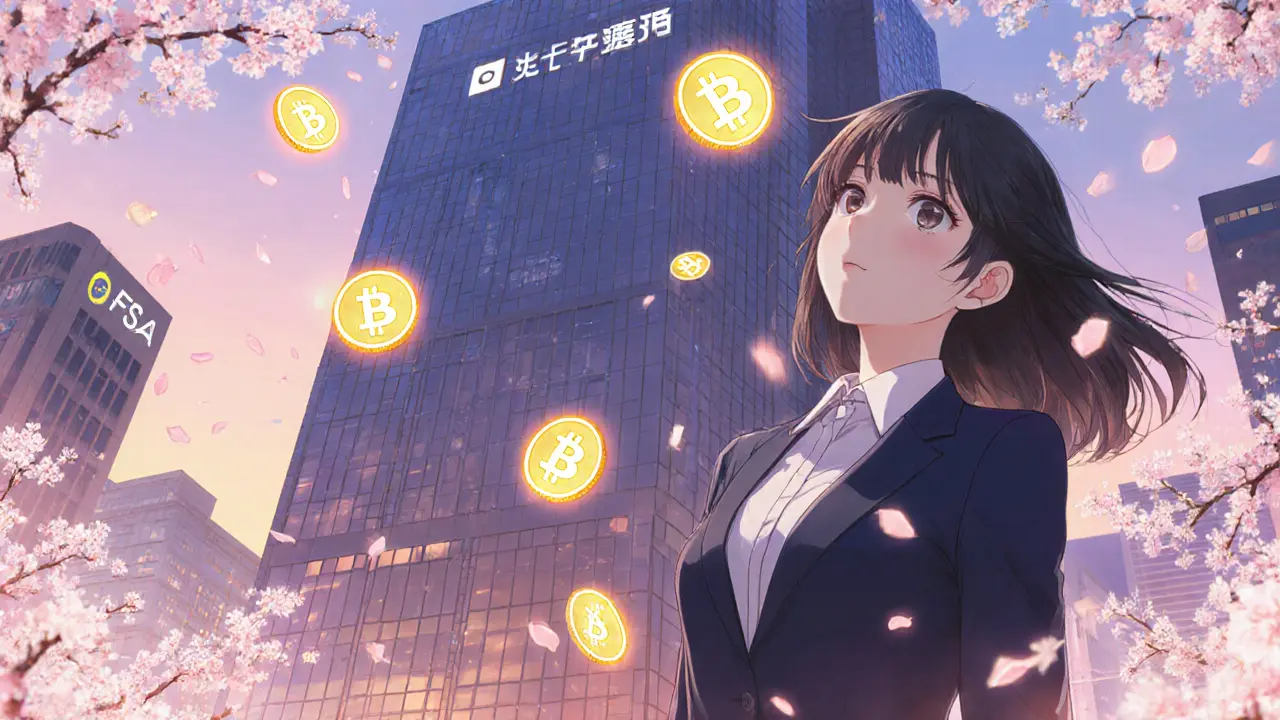Crypto Securities Law Japan: What You Need to Know About Regulation and Trading
When it comes to crypto securities law Japan, the legal framework that defines which digital assets are treated as securities under Japanese financial rules. Also known as digital asset regulation Japan, it’s one of the most detailed and enforced systems in the world. Unlike places where crypto is either banned or ignored, Japan treats cryptocurrencies as legal property—and some of them as securities. That means if a token acts like a stock (offering profit expectations from a common enterprise), it falls under the Financial Instruments and Exchange Act. The Financial Services Agency (FSA) doesn’t just watch this stuff—they audit exchanges, freeze non-compliant tokens, and shut down platforms that don’t follow the rules.
This isn’t just about big exchanges like BitFlyer or GMO Coin. It affects every trader, investor, and developer in Japan. If you’re buying a token that promises returns based on someone else’s effort—like staking rewards tied to a team’s development roadmap—it could be classified as a security. That triggers strict disclosure rules, licensing requirements, and investor protection steps. The FSA has already cracked down on multiple tokens that looked like unregistered IPOs. Meanwhile, crypto exchange rules Japan, the set of operational standards all licensed platforms must meet. Also known as crypto exchange licensing Japan, it requires cold storage, two-factor authentication, regular audits, and customer fund segregation. Unlicensed platforms? They’re illegal. No gray area. And if you’re a foreigner trading from Japan, you’re still bound by these rules.
What’s changing fast? The 2024 amendments to the FIEA now include DeFi protocols and NFTs under scrutiny if they’re sold with investment expectations. Tokens tied to real-world assets—like real estate or gold—are being treated like traditional securities. Even meme coins could get flagged if they’re marketed as "investment opportunities." The FSA doesn’t care if it’s called a coin, token, or utility—what matters is how it’s sold and what promises are made. This is why so many Japanese crypto projects now avoid terms like "ROI," "yield," or "profit guarantee." They know the line.
For traders, this means you need to know not just which exchange to use, but which tokens are legally allowed to be traded there. The FSA publishes a list of licensed exchanges and approved assets. If a token isn’t on that list, buying it isn’t just risky—it could be against the law. And if you’re using a foreign exchange? You’re still responsible under Japanese law if you’re a resident. There’s no loophole.
Below, you’ll find real-world breakdowns of what’s allowed, what’s banned, and how everyday traders in Japan are adapting. You’ll see reviews of exchanges that cleared FSA audits, deep dives into tokens that got flagged as securities, and guides on how to check if your holdings are compliant. No fluff. Just what you need to trade safely under Japan’s strict but clear crypto securities law.
FSA Crypto Oversight in Japan: How Strict Compliance Shapes the Market
Nov, 2 2025
Japan's FSA enforces one of the world's strictest crypto compliance systems, requiring cold storage, fund segregation, and licensing. Learn how this framework protects users, raises costs, and sets global standards.
Read Article→
